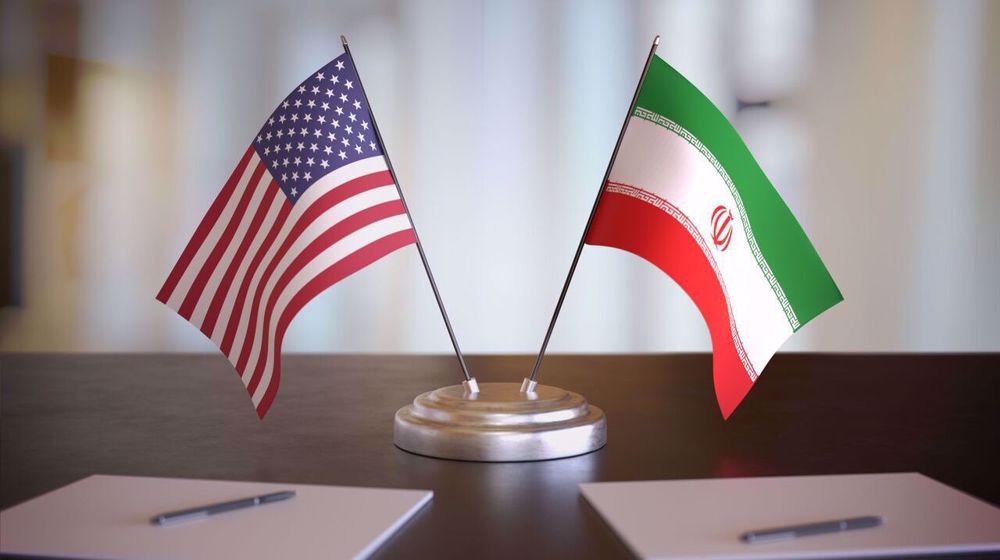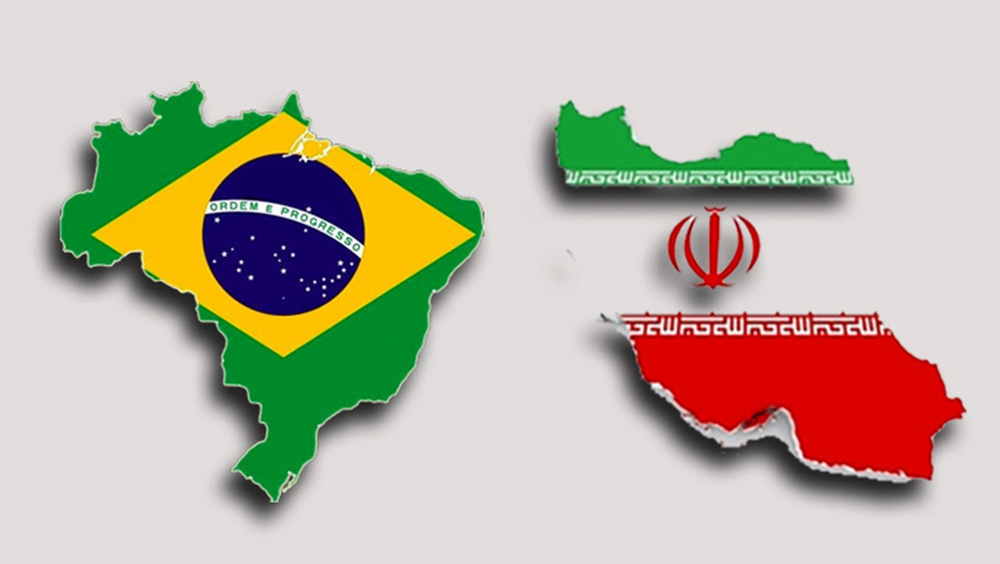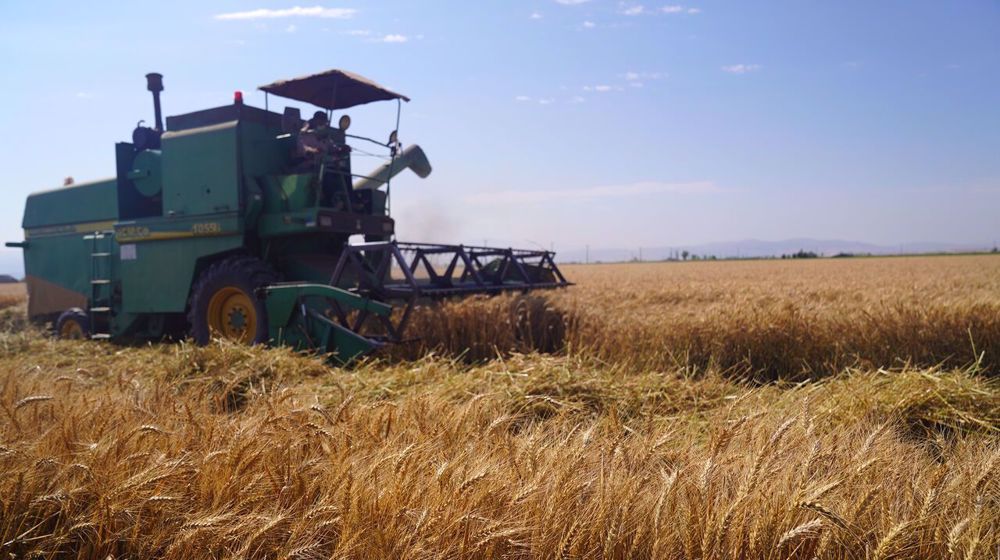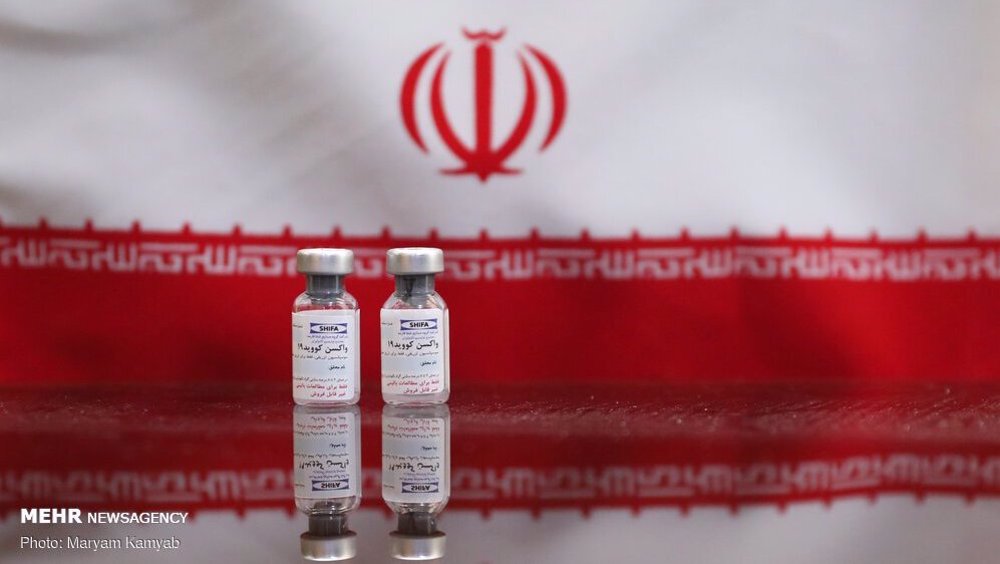Iran starts second phase of injecting homegrown Coviran vaccine to volunteers
Iran has started the second phase of the injection of its domestically-developed coronavirus vaccine to volunteers, further consolidating its steps towards a better containment of the flu-like pathogen.
Dr. Hamed Hosseini, director of the Clinical Trial Center of Tehran University of Medical Sciences, made the announcement on Monday, saying the second phase of the injection was approved last night for the volunteers of the first human study of the Iranian vaccine dubbed "Coviran Barekat.”
“The Iranian vaccine will be injected to four other volunteers by the end of this week, and the results of the second phase will be announced to the monitoring committee early next week,” Hosseini said.
Iran began the first phase in the human trial of the homegrown COVID-19 vaccine on December 29 after successfully completing the initial steps, including tests on animals, and obtaining necessary approvals.
The vaccine, produced by Iranian experts at the Headquarters for Executing the Order of Imam Khomeini, was administered to three volunteers at a ceremony in Tehran.
Pointing to the general condition of the first three volunteers for the Iranian vaccine tested last month, Hosseini said those individuals are “fine and everything is going well.”
The director of the Clinical Trial Center of Tehran University of Medical Sciences said the whole period of the vaccination of volunteers for a phase one clinical trial for the Iranian vaccine will continue for two months and that a total of 56 volunteers would receive shots in this phase.
The vaccine, dubbed Coviran Barekat, is named after the pharmaceutical group that developed the vaccine against the coronavirus pandemic and is made of a virus that is weakened or killed by chemicals.
The achievement comes as Iranian authorities have been critical of the US for hindering the country’s efforts to buy vaccine from aboard. Many believe the Iranian-made vaccine proves the country’s enhanced capabilities despite US sanctions.
Iranian scientists have been among the frontrunners in the international race to develop safe and effective vaccines aimed at stopping the spread of the highly-infectious respiratory disease.
Tehran said last month that eight of the vaccines it is formulating locally against COVID-19 had made their way onto the World Health Organization (WHO)’s list of 48 promising candidate vaccines.
In parallel with efforts at developing home-made vaccines, Iranian authorities have said the county has plans to pre-purchase foreign brands that pass safety and efficiency tests.
Iran, one of the countries hardest hit by the outbreak, reported its first cases of the fast-spreading disease in late February, around a month after the virus first showed up in China.

Iran denies US investors will be present in its trade fair

Iran eyes more exports to Brazil to balance bilateral trade

Iran expects major drop in domestic wheat yields
US issues fresh sanctions on Iran amid nuclear talks
Hezbollah urges Lebanese govt. to act after Hamas-allied leader assassinated
VIDEO | Heavy equipment needed to clear rubble destroyed in Israeli strike
Hamas urges global strikes, sit-ins to end Israel’s genocide in Gaza
VIDEO | South Koreans push back on Trump tariffs
UNRWA: Gaza ‘land of desperation’ after 50 days of total Israeli siege
VIDEO | Israel massacres 11 Palestinians in Khan Yunis
IRGC a thorn in the side of enemies; no power dares to threaten Iran: Analyst









 This makes it easy to access the Press TV website
This makes it easy to access the Press TV website